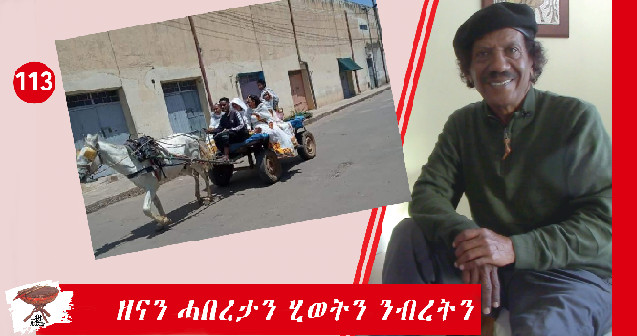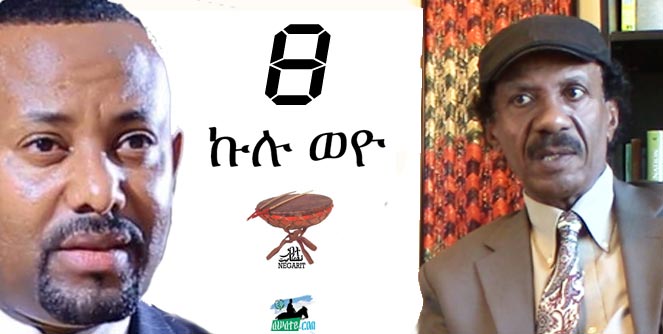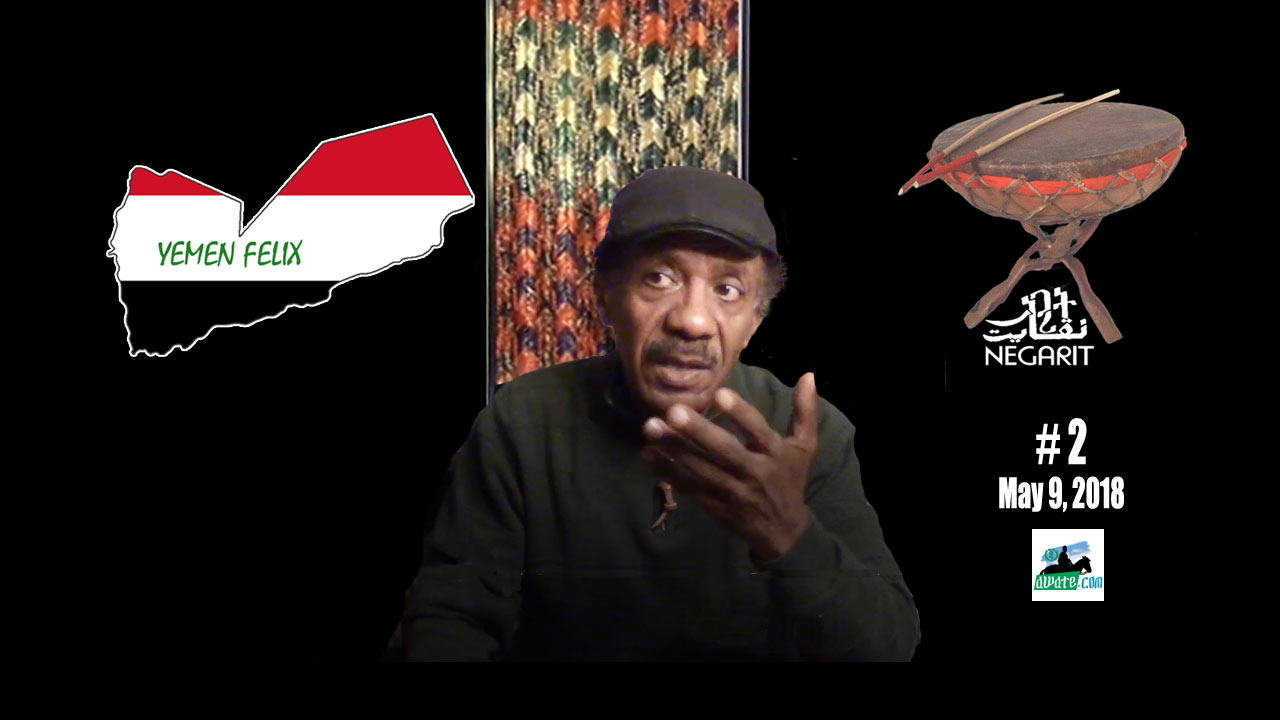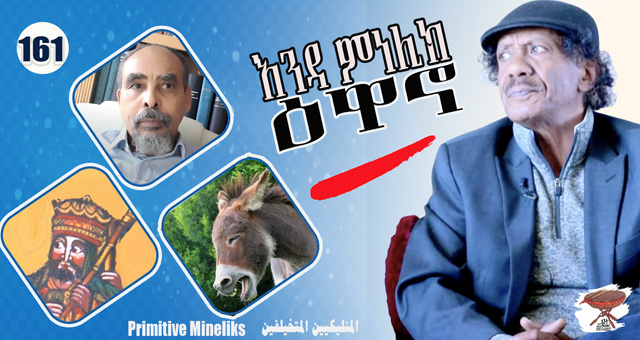News and Information, Life and Property
My generation grew up consuming news. In Teashops, particularly in the morning, radios blasting, news bulletins from BBC Arabic, VoA, Monte Carlo, and many others. Every artisan on the streets had radios on the shopfronts.
Each day I walked to school through the textile and grocery shops, tailors, tin artifact makers who made pots (jebena), farnello, storage tin-boxes, and other utensils.
The Ethiopian radio aired Somali songs followed by News, or the Amharic gymnastics program Dub-Dub bellu blasting from the municipality radio over a microphone on the roundabout close to the post office.
But on my way to school, the BBC Arabic service, the most popular station, aired Quran recitation by the pristine voice of Sheikh Abdelbaset Abdisamad, the famous Egyptian reciter. At 7 O’clock, the familiar Big Ben bell tolled; no one misses that bulletin. It was a ritual. And everyone listened carefully. I started to listen to the news from the beginning of the street and from there on, until the end of the street, there was an uninterrupted supply of news.
The Arabic broadcast news was so refined a language that many hardly understood it. Nevertheless, they listened attentively. Then they talked about it and if Eritrea was mentioned in the news, they rate it positively. Otherwise, “there was no worthy news.” When Eritrea was mentioned in the news, everyone was attentive. What happened, you could ask. ‘Yasalaaaam! They kept saying, Eritrea, Eritrea, Eritrea. all day.’ The mere mention of Eritrea made people aware the reset of the world still remembers them.
The 1960s were eventful years. News about the wars in the Middle East, the war in Biafra, Nigeria, the first Ananya Rebellion of South Sudan, the death of Jamal Abdel Nasser, the deposing of King Senousi of Libya by Gaddafi who was 28…many of marching band music announcing a coup d’état somewhere. They spiced that up with songs by Mohammed Werdi or Sayed Khelifa, Abdul Halim hafiz or Fairuz.
We news captivated us so much that we memorized the names of the broadcasters and their voices like today’s movie personalities.
Comparing Traditional News and Social Media
The current social media rumormongering is full of amateurish speculation, fake news, or simply outright propaganda. Profanity and ignorance rules supreme. People behind pen-names pretend to be Hercules and uber-patriots, and there are a negligeable number of reliable news providers. There are very few professional, official (and semi-official) media outlets that are accountable, the rest do not inform but brainwash to protect their employers.
The BBC, VoA and others were state funded, and their mission is to advance the views of their employers, in a way that doesn’t insult the intelligence of the audience. Yet, they educated and informed the public while leaving margin for the audience to make up its mind. They competition was on who is more reliable and believable—the bar was high. They presented high quality and decent entertainment programs, general knowledge, clean music that targeted the human senses of people, not their animal instincts.
The Media Mayhem and the current situation in the Horn of Africa
It has been close to two months since the current cycle of violence hit our region. It is an inter-Ethiopian militia led war sanctioned by the governments of the region, particularly the Ethiopian federal government, including that tacit engagement of the Eritrean regime whose level of involvement is still not fully exposed. Yet, whether we accept it or not, the Eritrean regime is part of the problem. It’s part of the crisis. The Eritrean ruling party has never been a force of stability, but one of agitation and promoting the no-peace-no-war situation inside and outside Eritrea.
Over the last two decades (relatively speaking), Eritrea’s neighbors made big strides in the development of their countries. Even Sudan, which was put on a hold since the early 1990s due to bloody wars and UN sanctions, despite the brutal dictatorship of the AL Bashir regime, hasn’t been as bad as Eritrea.
In the last two-decades, Djibouti has done exceptionally well. It took advantage of the closure of the Eritrean port of Assab and managed to divert Ethiopia’s dependence from Assab to its ports. It also secured deep rooted investments and economical gains.
Under the EPRDF, Ethiopia, despite the wide-spread corruption and lopsided power sharing arrangement, has been riding on a double-digit growth. It built impressive infra-structure, universities, highways, dams, and industrial hubs. It was flourishing until the coming of Abiy Ahmed, “The Ethiopian Sixth King.”
Every country in the region is doing fine (relatively) except for poor Eritrea where it has embarrassingly regressed since independence–in all aspects including economy, justice, and general freedoms and respect of citizens. Now it’s facing and existential problems though many do not seem to acknowledge or realize the risks. How will Eritreans solve the metastasizing problems in their country? How do they express it or fight back?
Certainly, it cannot be done by consuming the information and news that come from unqualified individuals with fake names on social media. Certainly not from statements by individuals whose knowledge about the issues is rudimentary, childish, or merely ignorant. First, we must learn to sift through the social media clutter and depend on what is left of the few reputable institutions that have a reputation to keep, that have invested heavily on what they do. The pen-name hacks, and people who consider chatting online a hobby, consuming their bigotry and hypocrisy wrapped statements will not help—be it Breaking or Crushing news!
We need to focus
It’s prudent and wise to analyze every news (preferably from reliable sources) and to plan accordingly. The Eritrean politicians and activists need to find a way impose their cause in the news. Opposition leaders should not be simple consumers of news as if it is a harmless chit-chat. Unfortunately, many in the opposition are treating the war-news and rumors as if it’s a football match, cheering for one side or the other. The focus must be on what is the ramification of the regional conflicts is on Eritrea. How would the multi-faceted developments affect Eritrea? What can we do to avert more national and regional damages? And importantly, how can Eritreans find a crack to impose Eritrean issues in the news?
What the region is going through is a colossal crisis and Eritreans should take this as an opportunity to positively engage in it for the benefit of Eritreans and their struggle. It’s an opportunity that must not be wasted. It’s disappointing to see many Eritreans, particularly the elite, chose to be bystanders at best and cheer leaders at worst.
The recent Ethiopian conflicts are of a historical nature, an ethnic conflict of the Ethiopian historical elite rivalry between those from Tigrai and Amhara. However, it was packaged as a law-enforcing war. How does different outcomes affect Eritrea?
Genuine Eritrean patriots must see the crisis as both a human and a security issue. All must reject the culture of war. Over the centuries, it has inflicted more than enough damage on the region. The aggression on civilian lives and their properties is a serious crime that should not be condones. Eritreans should push for a peaceful resolution of the conflict, even if it’s difficult to find a peaceful resolution in a medieval war culture. But that is the only way out.
For Eritrea, it’s a relief the fascistic imbeciles of Agazian are crippled. But I am not happy the Qey-Bahrachin crowd, and the pastors who has a hotline to God who whispers to them, are still spreading their venom against Eritrean wellbeing. If that continues with the Nebi’s and prophets, it’s tempting to try to get a supper-fast line to talk to god. But one must know the call-in number and the best time to call. But for now, let’s see some samples of the threats
Conclusion: The Four Threats Facing Eritrea
- Tigrai elite
The wars will end, and we are destined to have Tigrai as our immediate neighbors. Therefore, it’s of paramount importance that we reach a common understanding on how to co-exist peacefully. But the hope is that Tigrai will have enlightened leaders who would see Eritrea for what it is and not see it in parts. There are a few with expansionist and hegemonic mentality like General Tsadkan must be tamed.
- Amhara elite
These are the crowd with an aggressive attitude who has always been a threat to Eritreans. They speak about Eritrean territories (its sea) as if it is their private swimming pool and Eritreans are squatters. These are the “Qey-Bahrachin” crowd must also be restrained.
- Abiy, the Sixth Ethiopian KingAbiy Ahmed has rusticated and rehabilitated all the elements who have been historical threat to Eritrea—remnants of the expansionist Haile Selassie school, the violent Dreg military establishment, and the theocratic establishment that give their hegemonic ambition with quotes from mythology that they present as words of God.
Abiy has also inspired many shenanigans who claim to have regular meetings with god. It’s no secret that the hapless and illiterate segment of the people would fall for their hallucinations. But that would not have been a threat if they stopped claiming that “last night god spoke to me, He told me that Eritrea will be brought back to the bosom of its mother Ethiopia.” That trick was used to blackmail some people in the 1940s, when illiteracy and dependence on religious intuitions was overwhelming. And that is a major threat to Eritreans.
- Our Local Nightmare
The deepest Eritrean wound is self-inflicted, and Eritrea is still facing existential threats. Regardless of the above risks, Eritreans should not allow a perception that they are dishonest. Their problems should not be tossed at others when it is their own assignment. The Eritrean problem exemplified by its ruthless dictator, his corrupt political, military and financial establishment. Disrespect of human life, dignity and freedom has been compromised due to tricks that the regime played in oppressing Eritreans. The main threat to Eritrea remains to be the regime that has put it in such a precarious situation, exposed it to great risks and damages. Eritrean problems are imposed by the corrupt, unjust, irresponsible and inept regime ruling it unhinged That is what we should focus on. And that is the fourth major (the primary risk) that needs to be resolved before the state of Eritreans can be improved.
Apart from the above, Eritreans are willing and capable of facing any other risk thrown at them.





Awate Forum